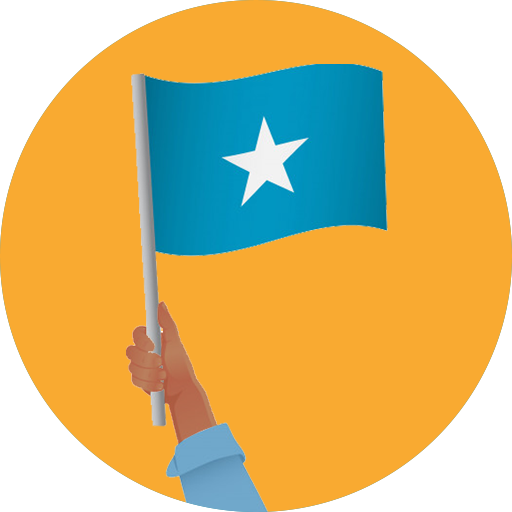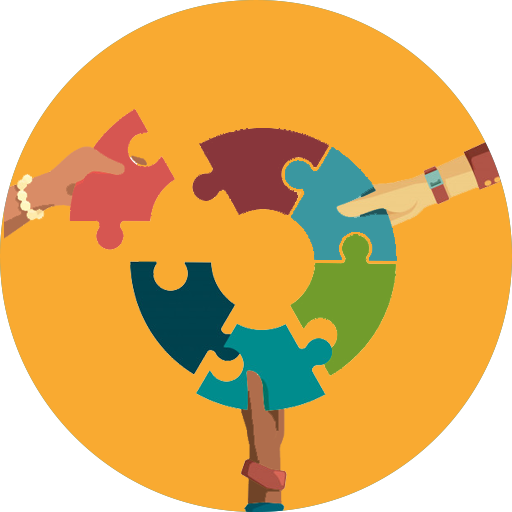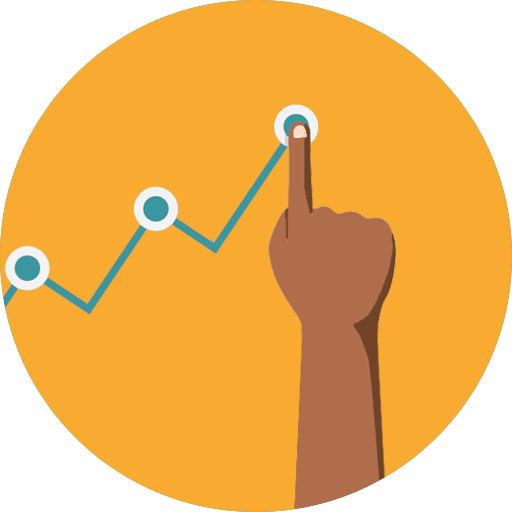Africa’s Voices launched the Common Social Accountability Platform (CSAP) in Somalia in 2018, to consolidate our efforts towards enhancing the inclusion of citizens in decision-making across governance, humanitarian and development programmes.
The vision of this platform is to deliver a cross-sectional methodology for strengthening the social accountability ecosystem in Somalia by connecting citizens with authorities in a way that is not defined by one programme, mandate or sector. This maximises the chances that citizen perspectives are heard in decisions that affect their lives. Operationally CSAP consists of using our interactive radio approach to create a sustained channel for engagement and public opinion research, using one format, brand and infrastructure, that is not tied to one programme, project, sector or mandate.
A citizen-led solution to better governance.

Social accountability approaches should be grounded in real, sustained spaces valued by citizens. A platform that is distinguished for its boldness in recognising citizen voice regardless of the topic, is more likely to gain traction with citizens than a platform tied to a specific project, agenda or mandate. Moreover, sustained engagement through the same channel across sectors can build an audience over time, and allow for larger and more impactful conversations.

The social accountability problem in Somalia spans all sectors. Siloing accountability mechanisms by project or sector risks duplication of activities, and a confusing plethora of feedback channels based on an obscure aid architecture that is difficult for citizens to engage with. In line with a renewed emphasis on integrated and area-based approaches, a Common Social Accountability Platform can catalyse programme strategy and policies towards thinking cross-sectorally and with greater coordination. This means working collaboratively with many partners in designing iterations of the platform.

By deploying the interactive radio approach collaboratively to support an accountability ecosystem rather than a single agenda, efficiencies can be introduced into the data gathering and analysis architecture, so as to improve the value for money for the wider ecosystem. At the same time, by disseminating insights to inform collective planning and policy processes, the same cycles of engagement can have a greater impact on decision-making.
info@africasvoices.org

The Common Social Accountability Platform approach is a kind of ‘think outside the box.’ The forums brought together displacement affected communities, local authorities and humanitarian partners. I believe if such dialogue continued, it will help the decision makers to think long term solutions for IDPs living in a city like Baidoa.

Social accountability approaches should be grounded in real, sustained spaces valued by citizens. A platform that is distinguished for its boldness in recognising citizen voice regardless of the topic, is more likely to gain traction with citizens than a platform tied to a specific project, agenda or mandate. Moreover, sustained engagement through the same channel across sectors can build an audience over time, and allow for larger and more impactful conversations.

The social accountability problem in Somalia spans all sectors. Siloing accountability mechanisms by project or sector risks duplication of activities, and a confusing plethora of feedback channels based on an obscure aid architecture that is difficult for citizens to engage with. In line with a renewed emphasis on integrated and area-based approaches, a Common Social Accountability Platform can catalyse programme strategy and policies towards thinking cross-sectorally and with greater coordination. This means working collaboratively with many partners in designing iterations of the platform.

By deploying the interactive radio approach collaboratively to support an accountability ecosystem rather than a single agenda, efficiencies can be introduced into the data gathering and analysis architecture, so as to improve the value for money for the wider ecosystem. At the same time, by disseminating insights to inform collective planning and policy processes, the same cycles of engagement can have a greater impact on decision-making

The Common Social Accountability Platform approach is a kind of ‘think outside the box.’ The forums brought together displacement affected communities, local authorities and humanitarian partners. I believe if such dialogue continued, it will help the decision makers to think long term solutions for IDPs living in a city like Baidoa.
info@africasvoices.org